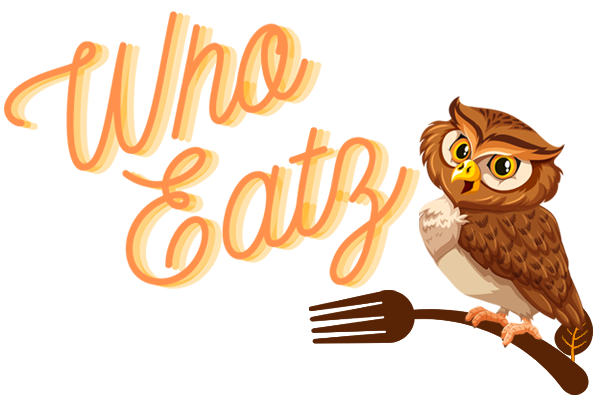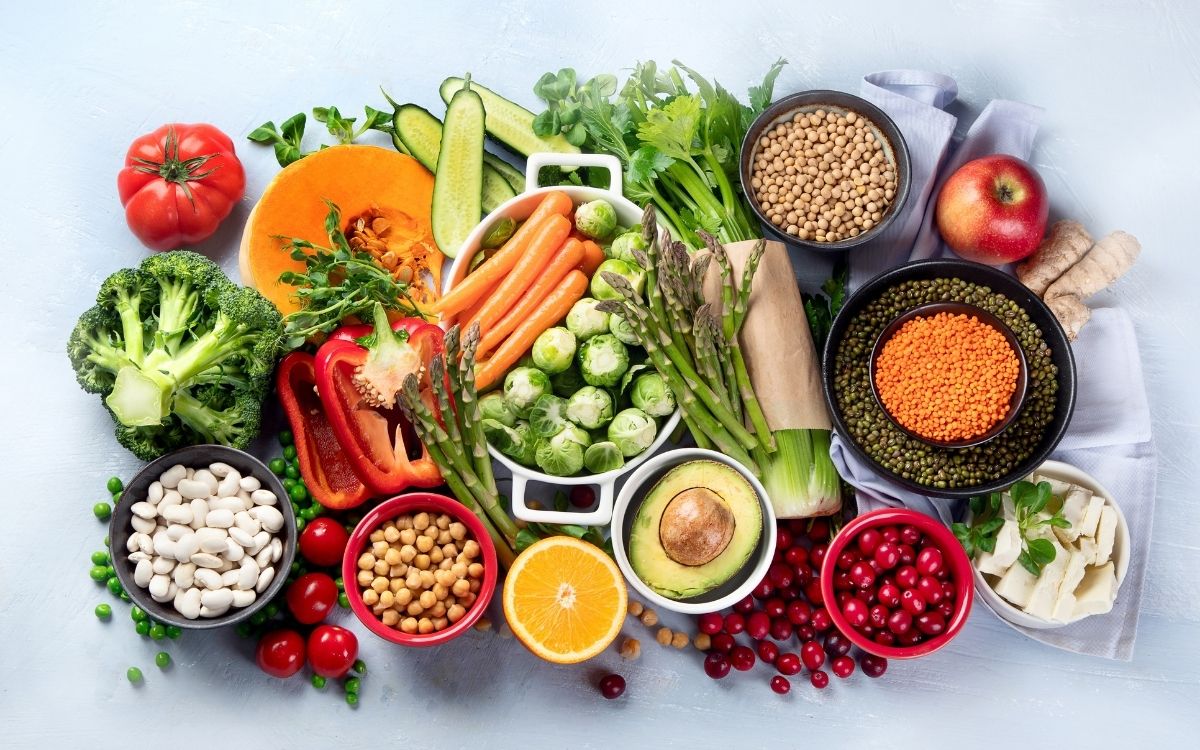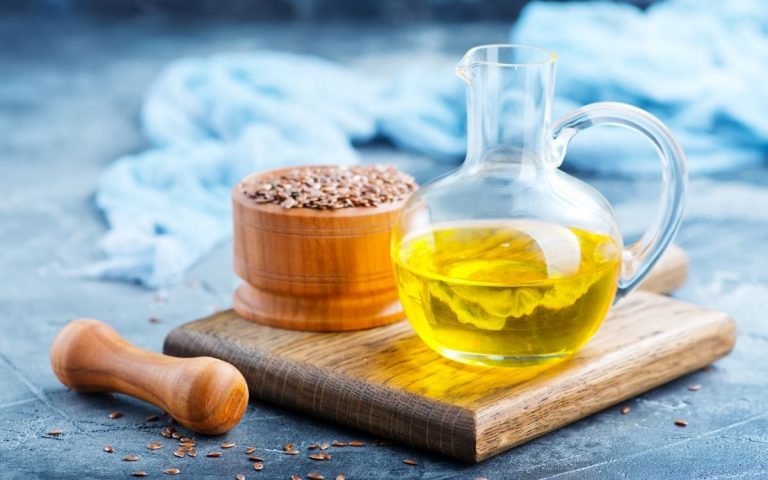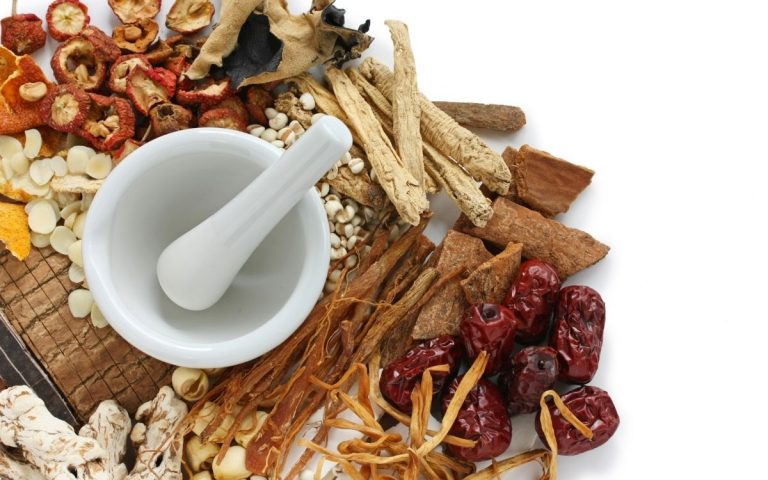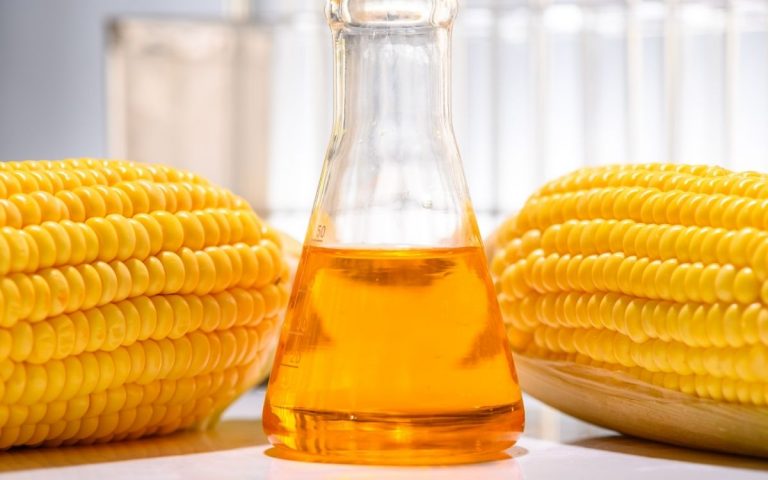Is Vegan Healthy?
The vegan diet has been gaining popularity among more and more people of different social groups. Every vegan influencer is speaking about the benefits of veganism and how great it is for the environment and the animals that we save by not eating them. While all of this is true, are you sure you know enough about veganism to decide that it’s right for you? Or have you heard only the good stuff?
Benefits of Being Vegan
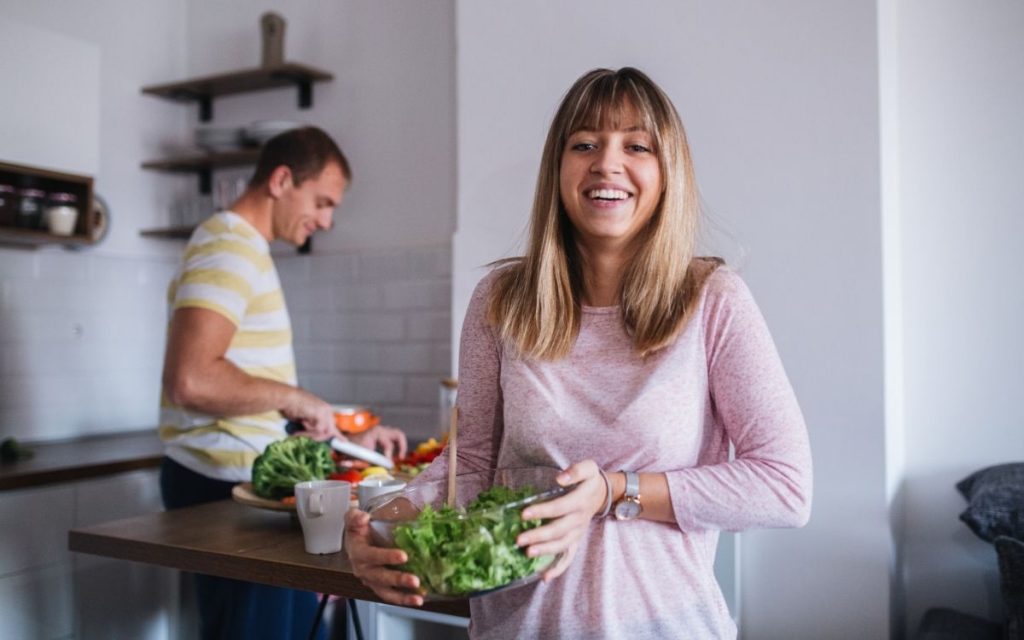
The number one reason most people decide to switch to veganism is health benefits. Several studies have shown that those who turned vegan were first and foremost motivated by health improvement and better well-being, while animal welfare was reported less frequently. For example, Metabolic Syndrome (MetS) – a clinical condition, known for causing a high risk of cardiovascular diseases, is found less frequently among people who adopt a vegan diet. Even more – vegetarians have a 24% less risk of suffering from coronary heart disease.
The studies provide examples of numerous benefits of a plant-based diet for the human body. Among the most common is weight loss. A vegan diet can help reduce body fat and thus prevent the risk of obesity. For those who stop eating animal products, their daily intake of saturated fat is also decreased, which means a smaller risk of heart disease and cancer.
A plant-based diet also regulates the body’s level of serum albumin – the fundamental protein that carries most free fatty acids in the blood – preventing inflammatory diseases.
The vegan diet is known for being sufficiently rich in nutrients, including dietary fibers, carotenoids, carbohydrates, folic acid, vitamins C, E, D, and B12, as well as ω-6 and ω-3 fatty acids, and many more. The diversity of nutrients is provided thanks to legumes, seeds, nuts, fruits, and vegetables, as well as whole and derived cereals. On top of that, it’s reported that many vegans boost their nutrient intake with oral food supplements and fortified foods, as well as consuming plenty of water.
Today, modern food technologies have enabled the production of plant-origin food that’s similar to certain foods of animal origin, for example, soy and its by-products. Soy is particularly important in the vegan diet as it provides a more or less sufficient amount of protein, mimicking that found in animal-derived food.
Disadvantages of Being Vegan
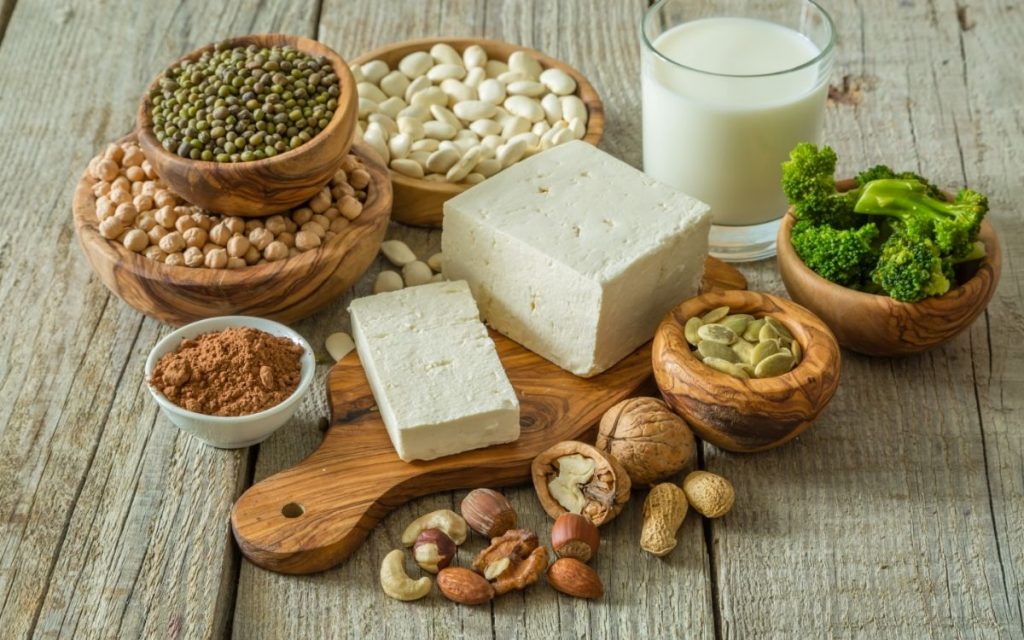
Along with the numerous advantages of a plant-based diet, there are also some disadvantages. The choice of diet is a business of one’s own, same as nutrient requirements are different for every individual organism.
Starting with the nutrients, it was mentioned earlier that a vegan diet is capable of providing necessary vitamins and minerals, but depending on factors like appetite and lifestyle this can be unrealistic and difficult to achieve. The intake of protein, fatty acids, vitamins B12 and D, and iron is generally lower in a plant-based diet since animal-derived foods contain higher amounts of these nutrients compared to a similar serving size of their vegan alternatives.
As a result, people who decided to switch to a vegan diet can suffer from fatigue, headaches, irritability, depression, possible anemia, and sleep disorders. That’s why many vegans have to take oral vitamin supplements – to compensate for the deficit of these nutrients.
Another contributor to a greater risk of nutrient deficiency among vegans is that it can sometimes be difficult to find plant-based foods that contain the same nutrients as animal-based foods. As an example, vitamin D can usually be found in fish, cattle meat, pork poultry, and egg yolk. However, if you’re vegan, one of a few substitutes for you is mushrooms, which contain most levels of vitamin D2 – the most common form of vitamin D among plant-based food.
Still, the only way to consume most of this nutrient is to eat mushrooms as quickly as possible after harvesting as vitamin D2 levels gradually decline during storage and subsequent cooking. And if your vitamin D level is low, there is a high chance you may suffer from reduced bone mineralization.
Overall, the lack of bioavailability in some plant-based foods forces some vegans to take additional vitamin supplements. That being said, it can help to consult with a professional if you’re new to veganism or just not that well-versed in human nutrition. While a well-planned vegan diet still may need to include vitamin supplements in most cases, the risk of micronutrient deficiencies, and thus negative health outcomes, is quite high if the diet is poorly planned.
Finally, like any other food, vegan products can contain allergens. Thus, if you’re aware of certain food allergies you have, it means you’ll most likely have to exclude the product from your diet, which can further cut into your intake of natural nutrients. The most common allergies that can be triggered if one goes vegan are oral allergy syndrome, soy allergy, and allergy to tree nuts or peanuts.
How to Go Vegan Correctly

It may seem like veganism is scary and somewhat even dangerous after you read all the warning signs. But in fact, the only really “scary” thing about the plant-based diet is the responsibility you take upon yourself. An impulsive switch to veganism may not be a good idea – neither for your physical nor mental health.
Therefore, if you really want to stick with a plant-based diet, make sure to find a good nutritionist first. Listen to what they have to say, and compare their information with the knowledge you already have.
Next, make sure you don’t have any allergies that may lead to discomfort later. If possible, you may also want to work with your nutritionist to check the level of your vitamin intake before going vegan, so that you already know what vitamins and nutrients you have to focus on.
After your personal nutritional groundwork is done, the choice is yours – to either completely give up animal-derived food, or take baby steps by first switching from your regular diet to eating only egg and milk-based animal products (ovo-lacto vegetarian) or consuming fish as your only meat (pescatarian), before eventually becoming completely vegan.
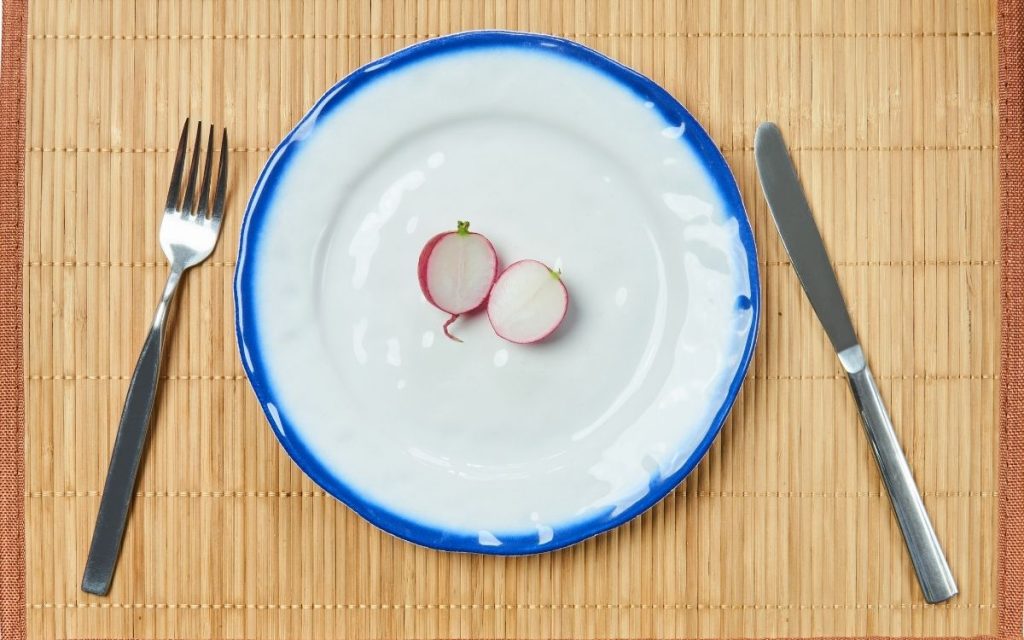
In addition to all the advice above, you may also like to look for some new recipes to not start your new diet on a plain note. Today, there are a lot of vegan recipes online, both in the form of articles or videos, so you can learn vegan cooking in whichever way best suits your learning style.
There’s a robust vegan community you can lean on for support, whether in person or online through social media. YouTube is a great resource for getting started. Through videos, you’ll be able to witness actual people speaking about their experience as vegans, which may encourage you to be bolder with your food choices and try recipes you’d never thought of trying.
Resources:
https://www.mdpi.com/2071-1050/12/10/4136/pdf
https://www.mdpi.com/2072-6643/13/3/817/pdf
https://cyberleninka.org/article/n/1281143.pdf
https://vegsoc.org/wp-content/uploads/2020/01/Vegan-Healthy-Eating-GuideV3.pdf
